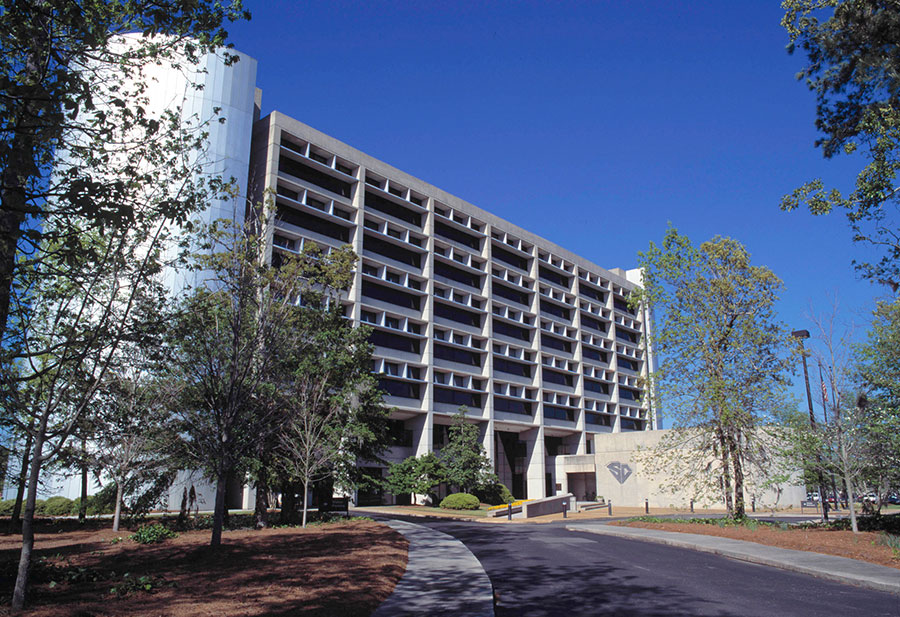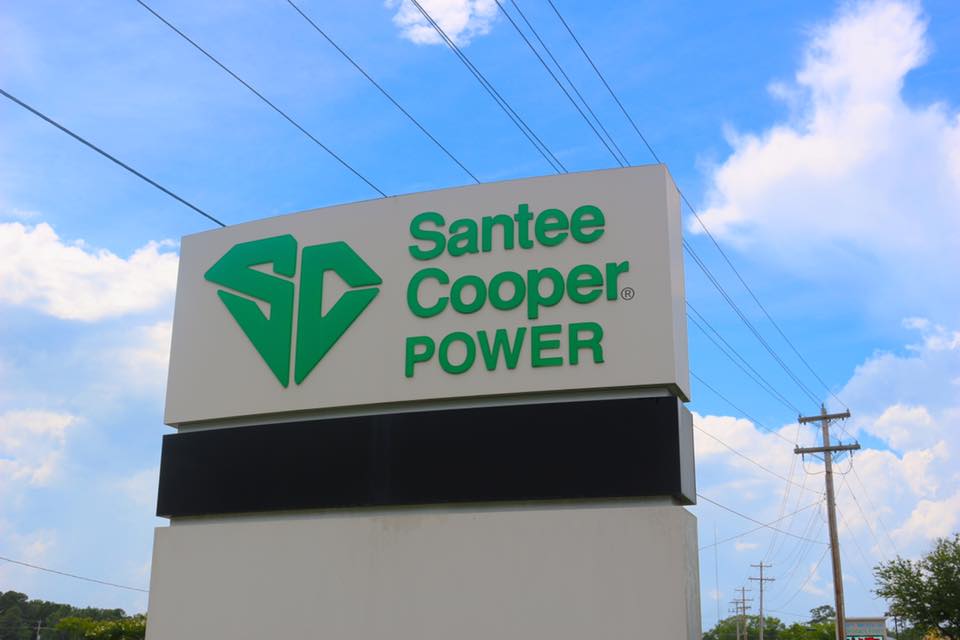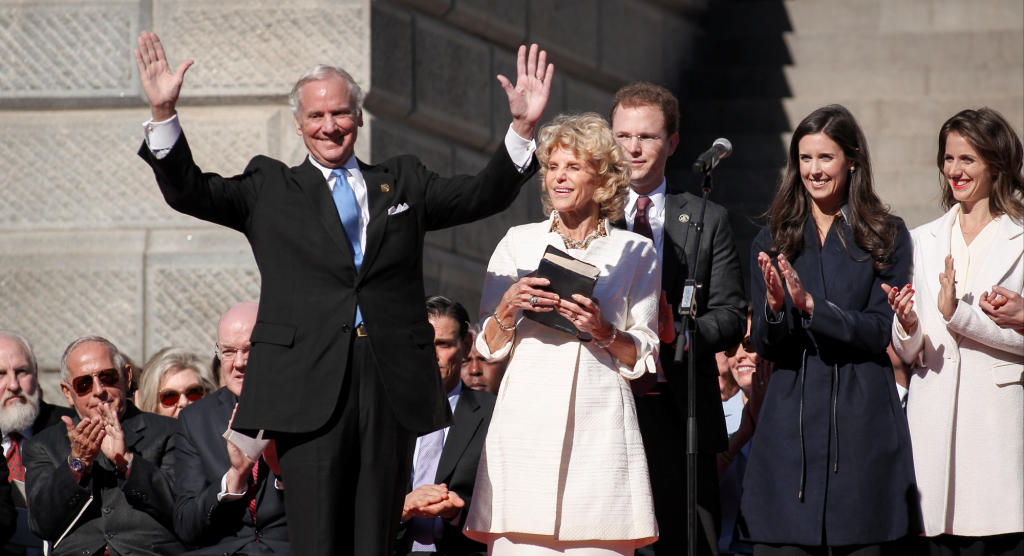It goes against every fiber of our being to recommend delaying the sale of South Carolina’s government-run utility provider Santee Cooper for a moment longer than necessary. For years, this news outlet has argued in favor of unloading this asset – operating under the assumption that government has no business being in the power generation business.
Which … it doesn’t.
Exhibit A: #NukeGate, the spectacular command economic failure of a $10 billion nuclear power plant in Jenkinsville, S.C.
This abandoned boondoggle – launched in 2007 by the very politicians who now claim to be “fixing” the radioactive mess it created – is a testament to why government should never own/ manage a utility.
Thankfully, those ultimately responsible for this implosion appear to be in store for a long-overdue comeuppance – although we doubt deserving criminal consequences will extend to the state lawmakers who enabled this debacle in the first place.
Anyway … dum spiro spero.
When it comes to selling Santee Cooper, though, until today this news outlet has been 100 percent consistent irrespective of the circumstances: We urged lawmakers to offload this asset over a decade ago when its sale could have netted taxpayers billions, and we have urged them to get rid of it today when a sale would barely cover its mountainous debt.
For richer or poorer, we have steadfastly argued that Santee Cooper should be taken off of the books.
Again, until today …
[su_dominion_video_scb]Today, six state lawmakers – several of whom bear direct responsibility for this fiasco – are gathering in Columbia, S.C. to mull the next steps for selling Santee Cooper. In advance of this meeting, we are amending our editorial position to reflect an evolving view of this situation.
Our basic premise remains intact: Government should not be involved in this industry and should unload any assets related to this industry as soon as it is practicable to do so.
Our definition of “practicable” has evolved, though …
This news outlet updated our readers just last week regarding ongoing “efforts” by state lawmakers to unload Santee Cooper. At the conclusion of that article, we noted that many believed this asset first needed to be “rehabilitated” before being sold.
Our argument against this approach was simple …
(Click to view)
(Via: File)
“If you don’t trust government to run an asset, how can you trust it to rehabilitate one?” we noted. “Especially not one that has already been run into the ground by government.”
Even Santee Cooper’s most ardent defenders have acknowledged we have a point there …
But what if Santee Cooper were to be freed from state control and managed by a private sector entity for a certain, specified period of time? Could such a transitionary phase potentially “rehabilitate” this asset to a point where it might be sold for close to what it was worth before #NukeGate?
“There is no cash windfall (associated with) selling it now, but that windfall might be there again in a few years with reform and better management,” one of our sources argued earlier this month.
That is fair point … but it is not what ultimately convinced us to endorse the concept of a strictly defined management agreement for Santee Cooper (i.e. the sort of arrangement we have long argued should be implemented at our state’s increasingly non-competitive government-run ports).
(Click to view)
What did convince us? The totally secretive, anti-transparent, insider-driven process lawmakers and governor Henry McMaster (above) have put forth to sell this asset – a process we view as an engraved invitation to corruption.
We simply do not trust McMaster (or lawmakers) to handle this process even-handedly and above boards – especially not after McMaster’s administration was caught lying about the alleged benefits of a crony capitalist handout for the billionaire owner of the National Football League (NFL)’s Carolina Panthers.
Furthermore, McMaster is far too indebted to some of the well-heeled interests actively bidding on this asset to possibly be objective in negotiating its sale … especially seeing as he just announced that his 2022 reelection campaign was open for business.
Again …”an engraved invitation to corruption.”
Given there is no provision for a transparent, independent bidding process (in which every proposal for Santee Cooper is laid bare for public inspection), we have no choice but to reject the current framework for selling the utility and offer the following alternative: A multi-year management agreement that aims to rehabilitate this asset for sale at a later date.
To be clear: If McMaster and state lawmakers decide to start shooting straight with the public about the bidding process for this asset, then we might be inclined to support unloading it sooner rather than later – even if that means leaving money on the table.
Again, our underlying philosophical objection to government owning a power company remains …
But based on the current status of the debate, we believe the best pathway forward for Santee Cooper is for the entity to be managed by a private company for a period of anywhere between 5-10 years in the hopes it can recoup some of the value it lost owing to decades of government negligence.
-FITSNews
WANNA SOUND OFF?
Got something you’d like to say in response to one of our stories? Please feel free to submit your own letter to the editor (or guest column) via-email HERE. Got a tip for us? CLICK HERE. Got a technical question or a glitch to report? CLICK HERE. Want to support what we’re doing? SUBSCRIBE HERE.


